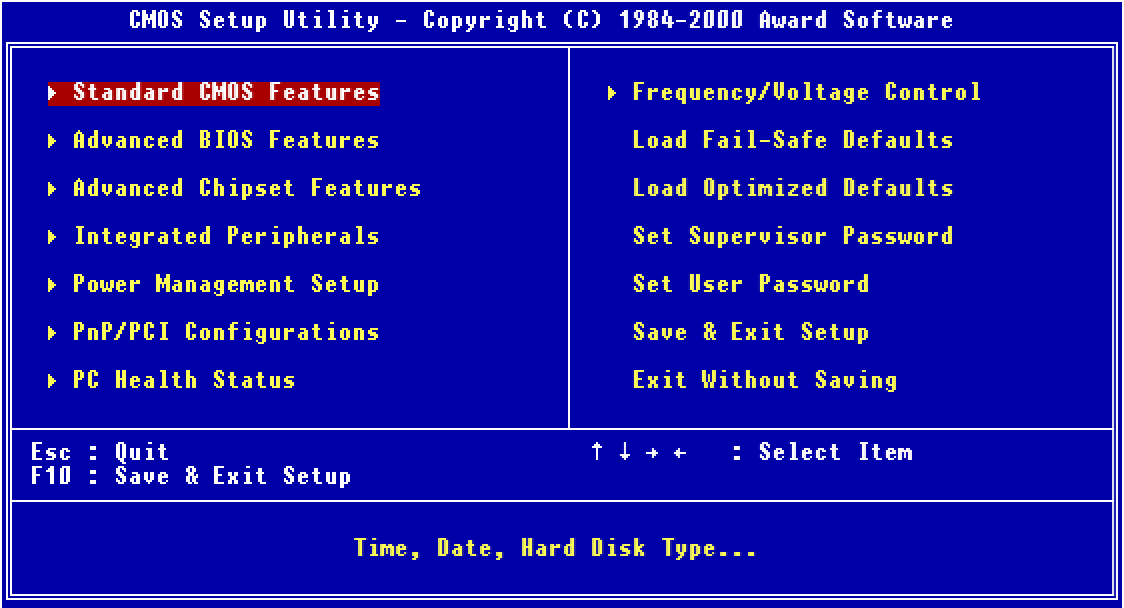Website speed and performance are absolutely critical in technology today—not just for user experience, but also for business growth, customer trust, and search engine visibility. Here’s a clear breakdown you can use (for an article, presentation, or strategy guide):
⚡ The Importance of Website Speed and Performance in Technology
1. First Impressions Matter
- A slow-loading site can make users abandon it within seconds.
- Studies show that 53% of visitors leave if a site takes longer than 3 seconds to load.
- Performance is often the first impression of your brand’s reliability.
2. User Experience (UX)
- Fast sites feel smoother, more professional, and more trustworthy.
- Performance affects navigation, interactions, and conversions.
- Mobile users (who make up the majority of traffic) are especially sensitive to speed.
3. SEO & Visibility
- Google and other search engines use site speed and Core Web Vitals as ranking factors.
- Faster sites rank higher, meaning more organic traffic.
- Poor performance can hurt both visibility and credibility.
4. Conversion Rates & Revenue
- Every extra second of loading time can decrease conversions significantly.
- Amazon reported that a 100-millisecond delay could cost them 1% of sales.
- E-commerce and SaaS businesses especially depend on fast, reliable performance.
5. Mobile & Global Accessibility
- Mobile-first indexing means speed is crucial for mobile sites.
- In regions with slower internet connections, performance directly affects usability.
- Lightweight, optimized websites widen reach and inclusivity.
6. Security & Reliability
- A well-performing site often overlaps with optimized, secure infrastructure.
- Faster sites are less likely to crash under high traffic loads.
- Performance monitoring helps detect vulnerabilities early.
7. Competitive Advantage
- Users will choose a competitor’s faster site over a sluggish one.
- High performance reflects innovation and technological competence.
- In industries like fintech, health tech, and e-commerce, speed can be the deciding factor for trust.
🚀 Best Practices to Improve Website Speed & Performance
- Use content delivery networks (CDNs) for global reach.
- Optimize images, videos, and other media.
- Implement caching and minimize HTTP requests.
- Choose reliable hosting and scalable infrastructure.
- Continuously monitor Core Web Vitals (LCP, FID, CLS).
✅ Bottom line: Website speed and performance are not optional—they’re fundamental pillars of digital success in technology. A fast, efficient site improves user satisfaction, boosts SEO rankings, drives conversions, and strengthens your reputation in an increasingly competitive digital world.

